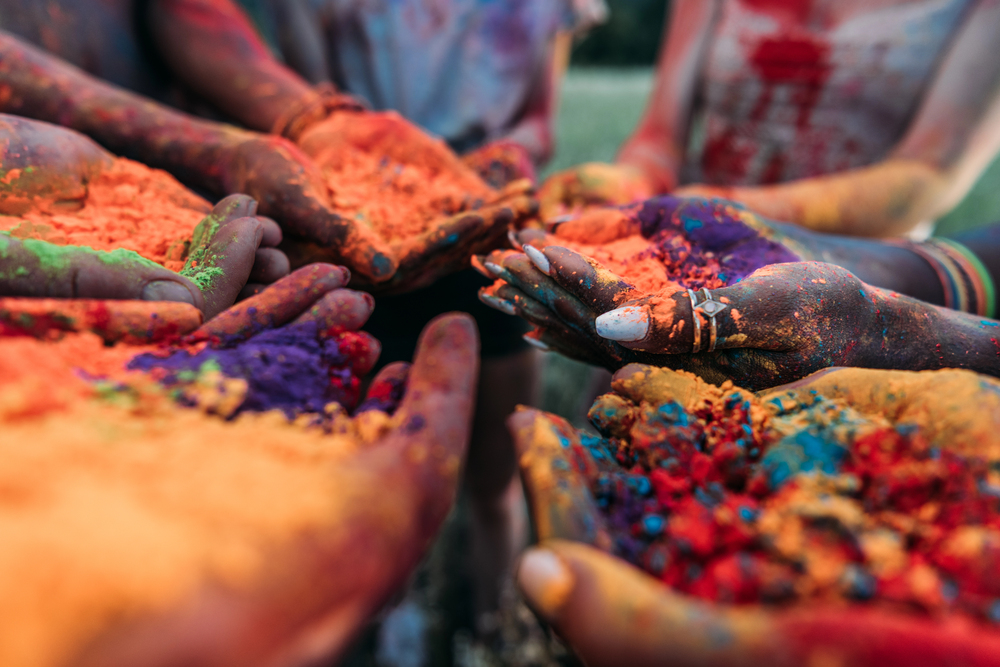You do not need to ditch every plan and vanish into the wild to ‘go local,’ but the truth is this: culture lives in the quiet corners. The local bakery. The early morning fish market. The crumbling benches at a neighbourhood cricket ground. These are not in your guidebook.
To truly immerse yourself, you need to walk where locals walk—preferably at a local pace. That might mean hopping off the bus a few stops early or wandering into side streets without a destination. Allow space for randomness. Culture thrives in unpredictability.
Stay With Locals, Not Just Near Them
Accommodation is your first decision that can make or break your cultural experience. Choose homestays, guesthouses, or locally-run B&Bs over sterile international chains. You are not just booking a room—you’re booking breakfast chats, grandma’s homemade pickles, and the sounds of everyday life through thin walls.
Platforms like Couchsurfing or even carefully vetted options through India Tours often offer curated stays where you can actually be part of a household, not just a passing shadow. And when you wake up to someone grinding spices in the kitchen or you help carry water in from the well—that’s when things begin to shift.

Eat Like a Resident (Even If It Means Using Your Hands)
Restaurants with laminated English menus and burger emojis are not where culture sits. Culture simmers in pots on charcoal stoves. It smells of ghee and turmeric. It comes wrapped in banana leaves or served on cracked enamel plates.
Join street food tours. Ask your hosts or the shopkeeper what they eat. And eat it like they do—yes, fingers and all if needed.
Learn a Few Words—and Actually Use Them
Language opens doors. And no, not the “I’m fine, thank you” phrases printed at the back of your flight magazine. Learn greetings. Learn how to say “delicious,” “beautiful,” and “thank you” in the local language. Even a clumsy attempt can dissolve suspicion.
When you speak someone’s language, you’re no longer just observing—you’re participating. Locals tend to soften when they hear their mother tongue from a stranger’s mouth. It shows effort. It shows respect. And it creates a connection.
Dress the Part—Respectfully
Clothing speaks before you do. What you wear can signal respect—or unawareness. Pay attention to local norms, especially in more traditional or religious settings. In some regions, covering your shoulders or removing your shoes isn’t just polite—it’s essential. You don’t need to mimic every local style, but blending in shows, you’re not there to impose your own world but to understand theirs. A scarf or local fabric can go a long way—not just in practicality, but in cultural connection.

Participate—Do Not Just Watch
Attending a cultural event and passively recording it on your phone is not participation. You don’t need to dance like a pro or sing in perfect pitch. What matters is that you show up with curiosity.
Is there a festival happening? Ask if you can help string marigolds. Is someone making clay idols? Ask to mold one. Stumbling upon a temple procession? Offer to carry a basket or just follow along respectfully.
Culture isn’t something you “do” once. It’s something you absorb through repetition, interaction, and shared joy. These are not performances for you—they’re living rituals. If you’re invited to a wedding or a funeral, go. These are moments where the local pulse beats loudest.
Be Curious Without Being Invasive
There’s a difference between being immersed and being intrusive. It’s okay to ask questions—but don’t be the tourist who interrogates. Let the answers come in their own time. Observe. Reflect. Notice what people wear, how they greet elders and when shops open and close.
Sometimes, silence tells you more than words ever could. A sideways glance, a hesitation in tone—these are parts of the culture, too. Respecting boundaries is part of immersion. You’re not there to extract stories; you’re there to earn them.
Learn Through Art and Hands
Local art is not just something you buy. It’s something you learn through. If you see a weaver at work, ask to watch—and then ask if you can try. Take a pottery class in a mountain village. Attend a folk music lesson under a banyan tree.
The experience of creating alongside locals—whether it’s a patch of embroidery, a mud brick, or a shared song—is a shortcut to belonging. You’ll carry that memory longer than you will any souvenir.

Use Public Transport—And Get Lost (Just a Little)
Air-conditioned taxis can’t show you how people truly live. Trains, buses, shared tuk-tuks—this is where culture crowds in close. You hear dialects change. You see lunchboxes passed around. You witness arguments, flirtations, the whole symphony of daily life.
Yes, you might get lost. Yes, it might be awkward. But this is where you trade convenience for authenticity. Sit near the window, ask for directions, offer your seat to someone older. Culture often reveals itself between stops.
Document Less. Experience More.
Immersion doesn’t happen through a lens. It happens through unfiltered presence. Let the phone rest. Not every temple needs to be photographed. Not every conversation needs a voice memo.
Instead, sketch a street scene. Journal about a moment. Absorb the smell of incense and cow dung without trying to find the perfect caption. Culture speaks loudest when you’re listening, not recording.
Reflect as You Go
Immersion isn’t just about doing. It’s about what you learn about yourself in the process. Take time at the end of each day to ask: What surprised me today? What did I misunderstand? What felt familiar?
This simple daily reflection—especially helpful on slower travels—can transform your journey from a collection of activities into a genuine cultural awakening.

Final Thought: Be Humble, Stay Open
You are a guest. No matter how long you stay or how fluent you become, you are still standing in someone else’s world. A little humility goes a long way. When in doubt, follow their lead. Smile. Offer help. Accept when you’re corrected.
Because at the heart of cultural immersion isn’t just adventure. It’s respect. And when you travel with that at the core—everything else begins to unfold naturally.
Image Credit: depositphotos.com































